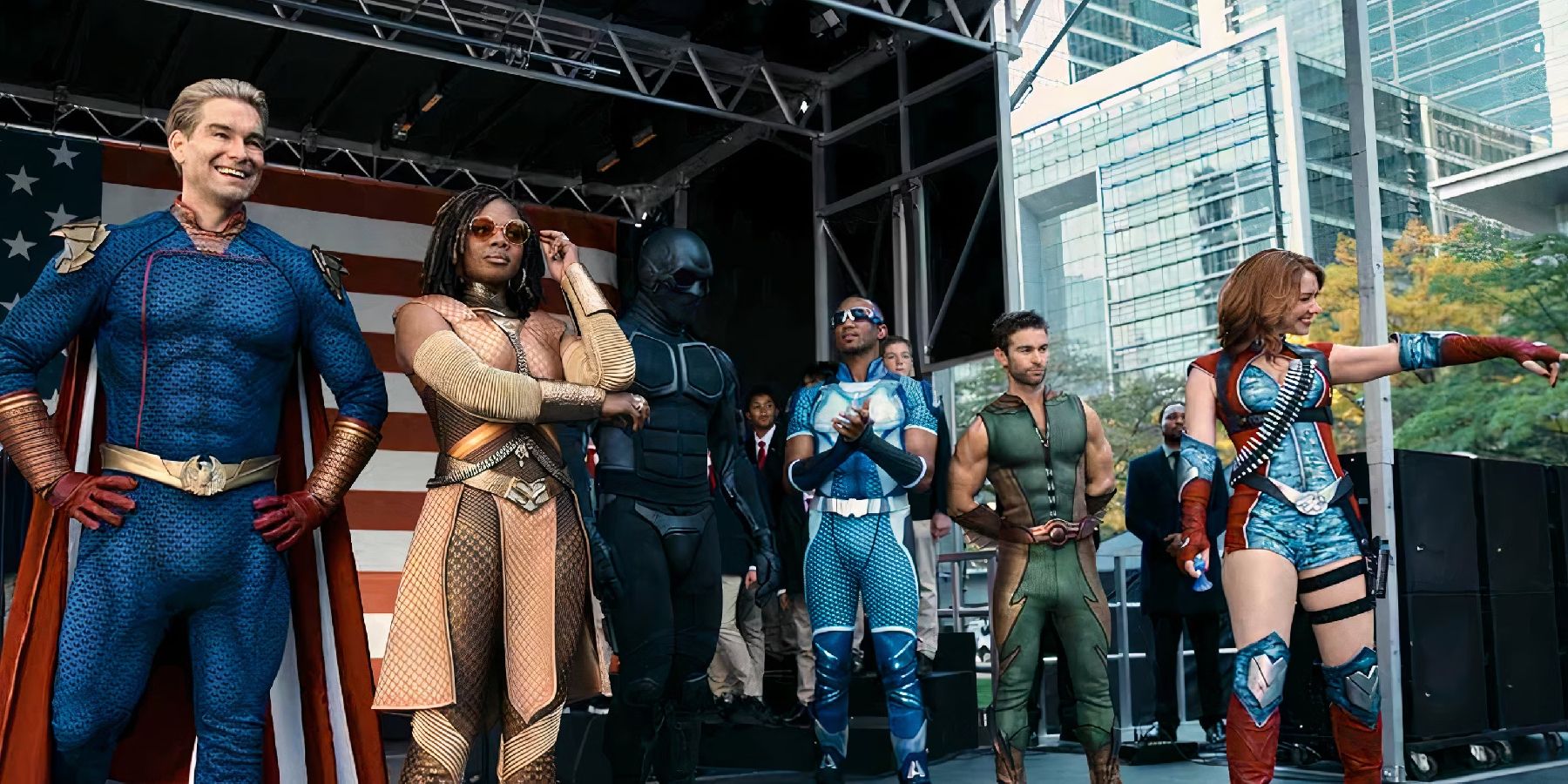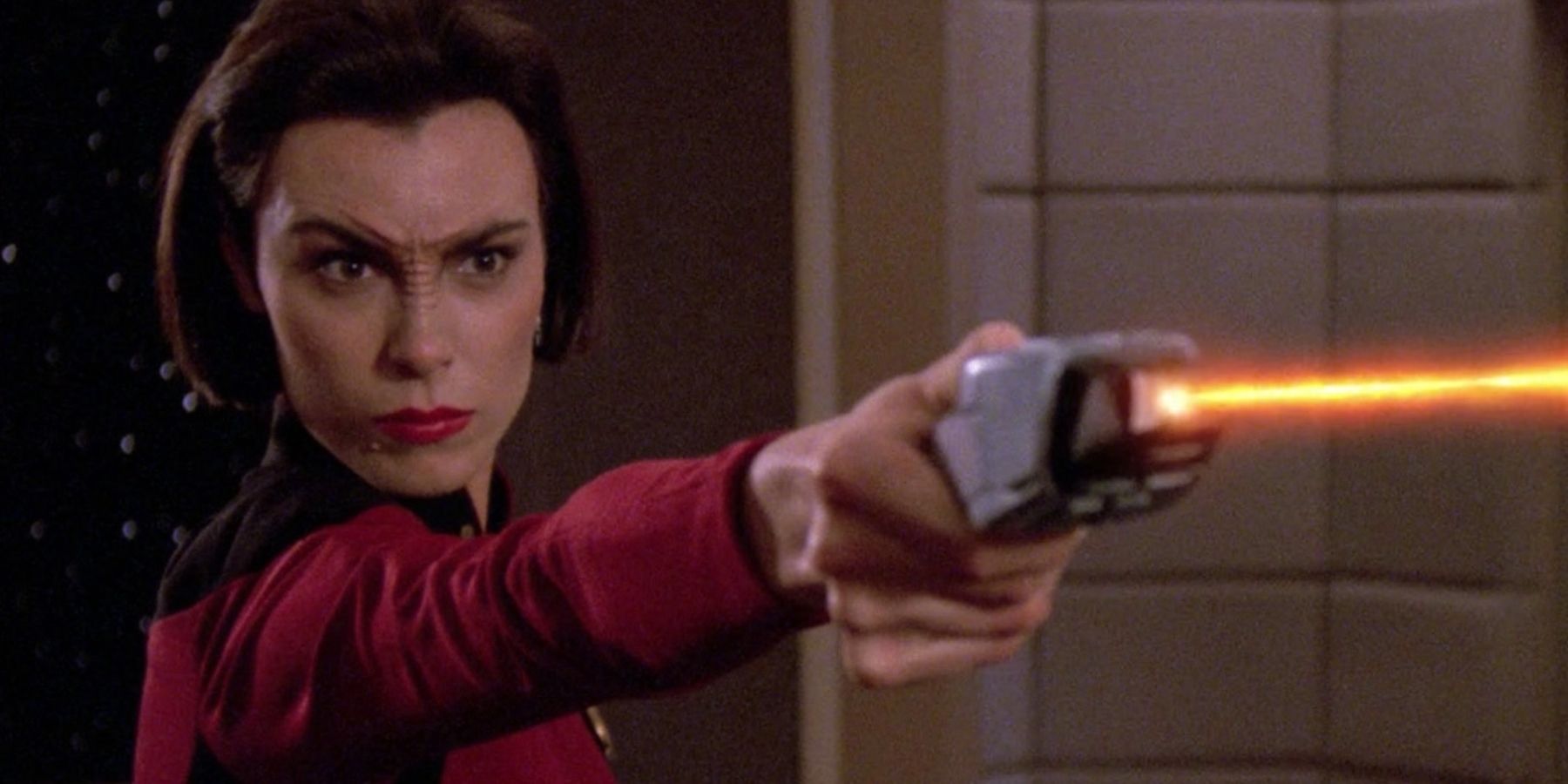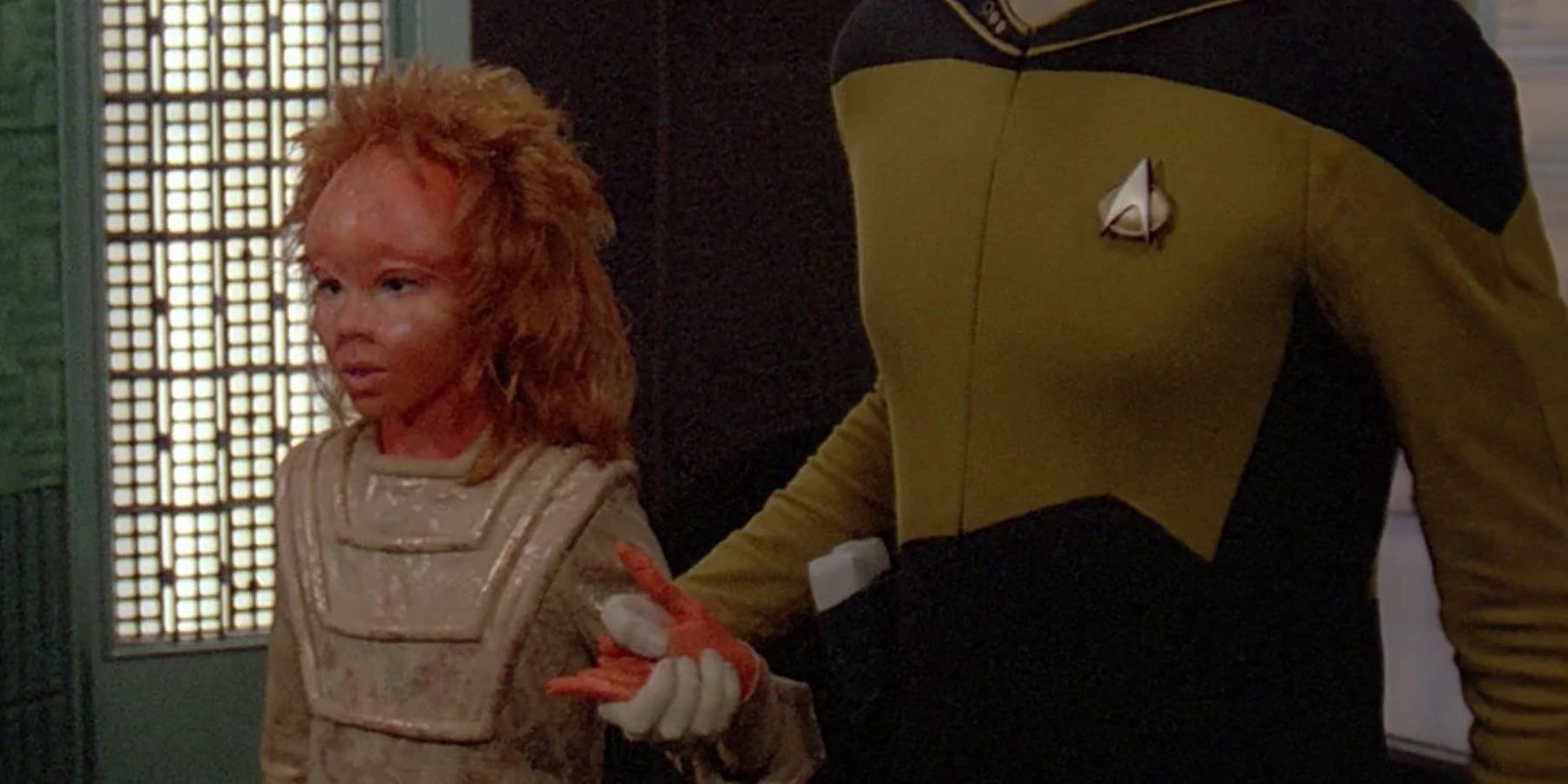When Gene Roddenberry first dreamed up the idea for Star Trek, his main mission was to create a show that used a utopian vision of the future, to tackle problems of the present, using the universe as a vision for a better future. Despite the show being released in the late 60s, it was revolutionary in its portrayal of an ethnically diverse cast and problematic subject matter, and its situations that were tackled from an all-inclusive and morally conscious organization: the Federation. At the start, Starfleet and the Federation were portrayed as the pinnacle of good, a utopia whose sole mission is peace and discovery. However, as more and more stories were added to the franchise, things got muddier and more complex, and the Federation lost its way.
This, in part, was inevitable. There are only so many stories one can tell about good guys versus oddly humanoid bad guys, each representing two distinct sides, before things get boring. Adding depth and betrayal, treason and spies in Starfleet, resulted in the much-needed diversity in storytelling the show needed. However, one such dark side of the Federation was much more subtle. From the very start, the Federation was supposed to embody peace and harmony throughout the galaxy, uniting cultures and species together as one. This was reflected in their "military" being a force for scientific research and defense, rather than war. Everything about Starfleet focused on defense rather than offense. They were also heavily invested in providing support to planets in need, striving to protect those weaker than they were.
The problem, however, is that this love and support only applies if the ones in need are part of the Federation. There are some exceptions of course; for example if someone who is not part of the Federation is in Federation space and in need of assistance, or if a Federation ship accidentally caused an issue that affected others. But as a rule, if someone needs help, but they're not part of the special Federation club, then tough luck.
One of the clearest examples of this has to be the Bajorans, whom audiences meet during Next Generation. In the Season 5 episode “Ensign Ro,” the show makes a deliberate effort to show the dark underbelly of the Federation, and how their long list of rules should not always be followed. The episode introduces a large Bajoran refugee camp illegally occupying a moon in Federation territory after the Cardassian Empire annexed their home world, Bajor. They are there because the Federation refused to take them in and offer them safety and protection, as the Bajorans were still technically part of the Cardassian Union and did not belong to the Federation. These refugees were forced from their homes and sought out the kindness and compassion of people they thought were shining beacons of empathy, only to get turned down on the grounds that they were, fundamentally, foreign.
The episode continues with Picard being the wonderful captain he is, going up against what the Federation had decreed. He shows compassion to the Bojorans and offers what help he can give them. In this episode specifically, the Federation’s decision makes sense, at least in a political “needs of the many” kind of way. They are trying to prevent provoking the Cardassian Union, a fearsome force they wish to simply tiptoe around in order to avoid conflict. The consequences, mean that not only do they refuse asylum to thousands of people, but their lack of help means they do not even offer food to the Bajorans. The much more troubling reading of this situation is that the Federation, whether intentionally or not, is essentially toxically indoctrinating planets into their "army" (for want of a better word) by showing their compassion is conditional, and that to get any help at all, people must join the Federation and contribute. Anyone who refuses is cast out on their own to fend for themselves, no matter how desperate.
It would be easy to mark this down as a one-episode deal, but the theme of conditional love comes back again in the TNG episode “Pen Pal,” which also highlights a problem with the Prime Directive. In its essence, the Prime Directive states that members of the Federation should not help or interfere with developing alien civilizations before they reach a specific level of knowledge and technology. “Pen Pal” shows the problems with this, telling the story of a young girl whose planet is about to be wiped out by a geological disaster. As they are from a less advanced civilization, and no first contact had been made, Picard is forced to do nothing and let them die…or at least he would have, if his darn conscience didn't get in the way. Again, this act was seen as a direct violation of the Federation rules, despite them easily being able to prevent the deaths of millions.
At the end of the day, the Federation does a lot of good in the galaxy and has saved the lives of countless beings over the many years since it was founded. Their love does have a limit, however. While this would be understandable if it were necessary, time and time again audiences are shown that the Federation has near-unlimited resources, and possesses the ability to help a lot more people if they wanted to. They could solve world hunger in the blink of an eye with their replicators, terraform dying plants, or even simply give a bunch of blankets to some Bajoran Refugees. Yet, they do not take on the role of humanitarians; they remain at their core a military organization.






